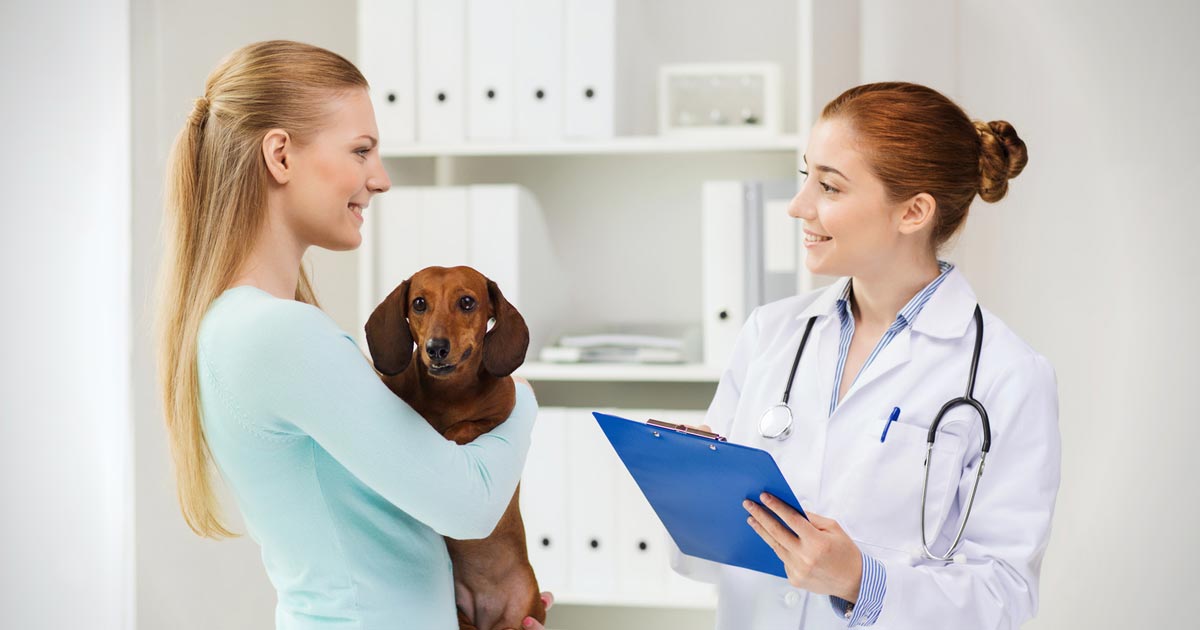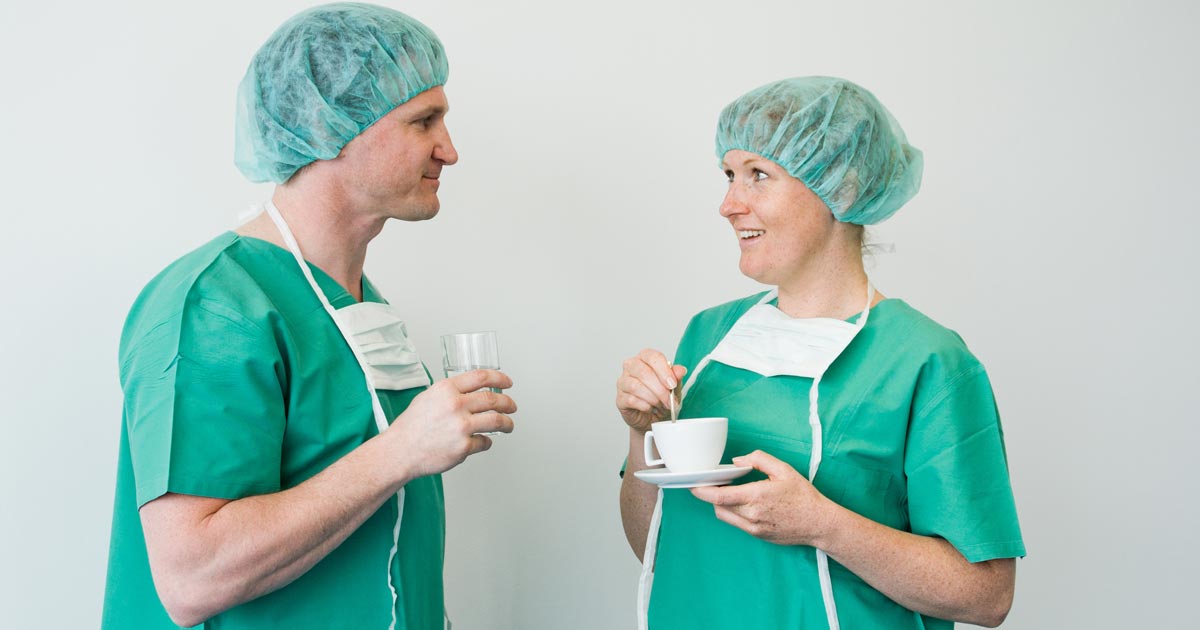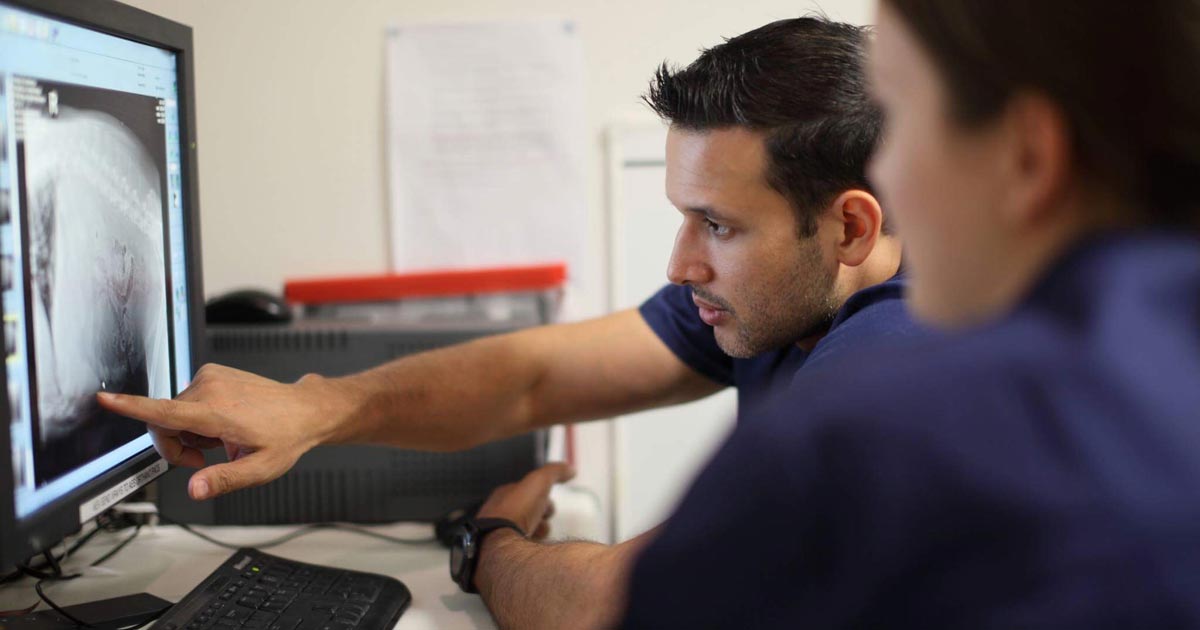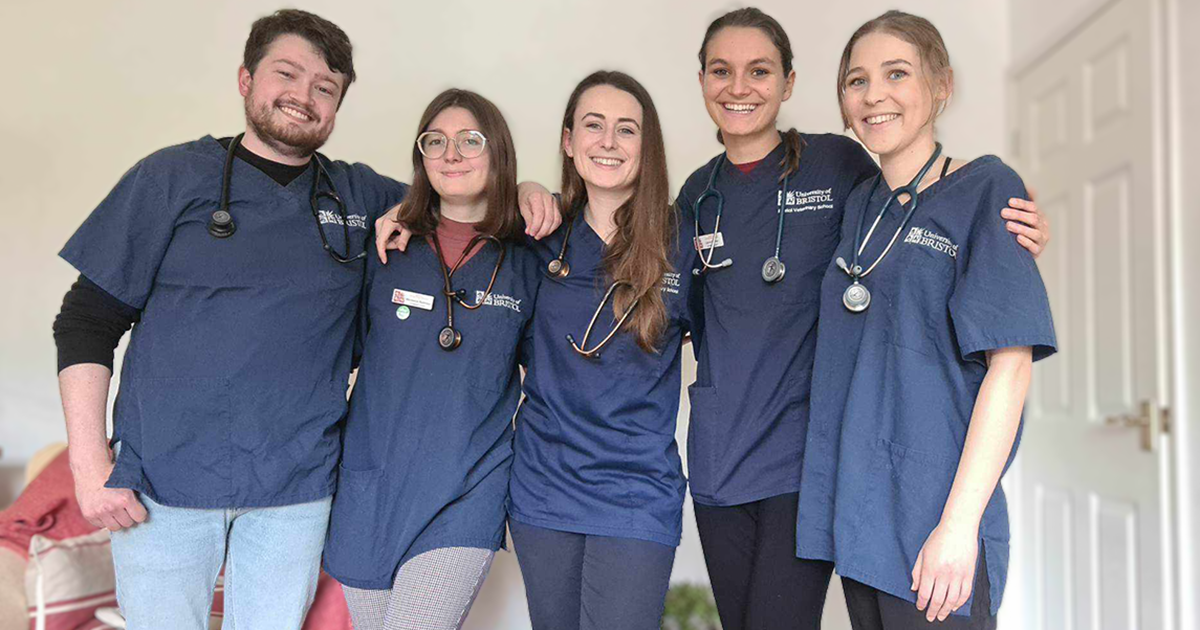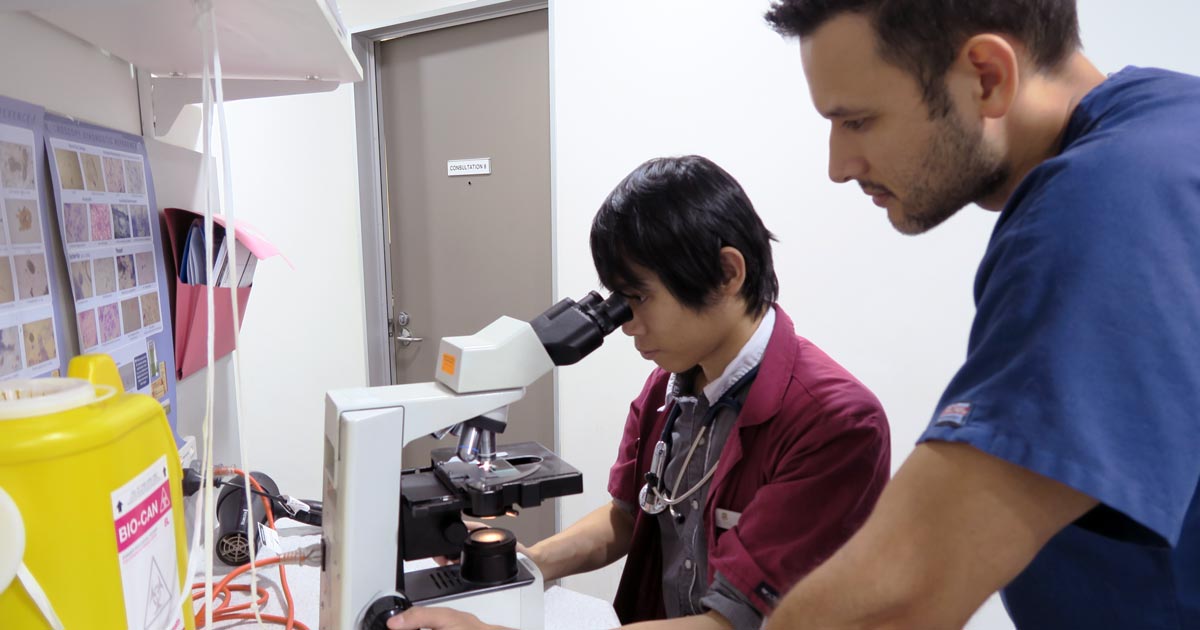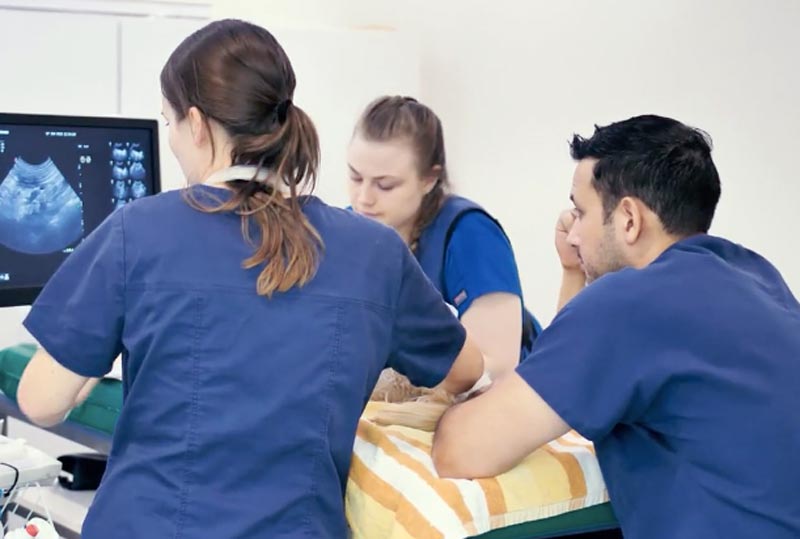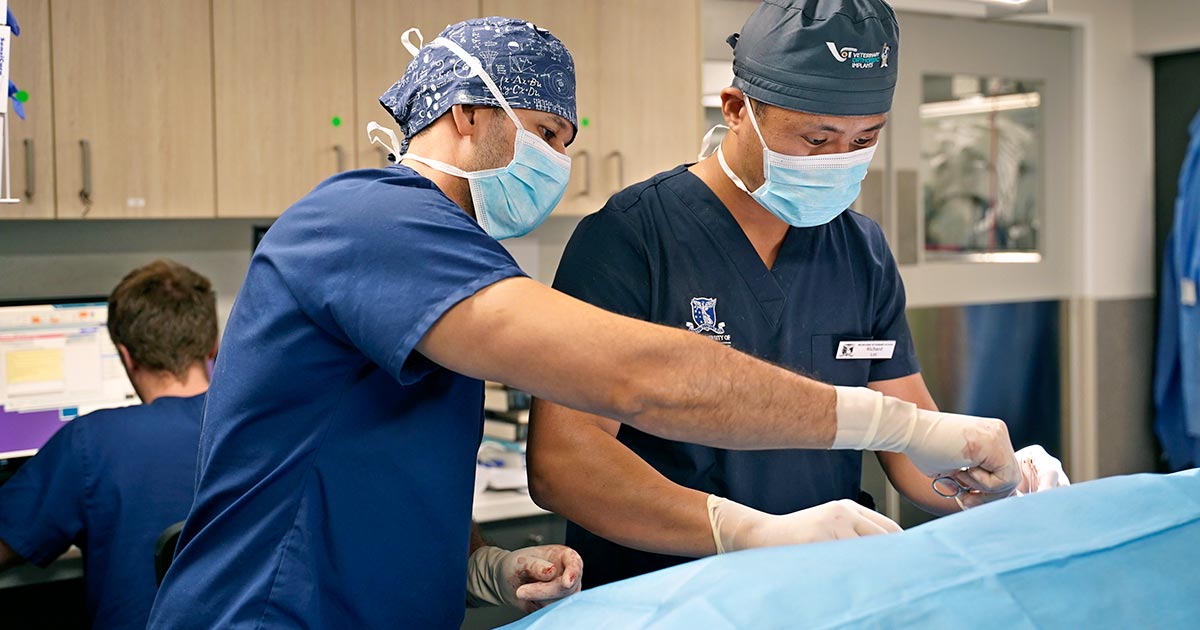Client communication is an important part of being a vet, as building a rapport and gaining their confidence will allow them to trust you.
I would encourage all young vets to practice this skill whenever and wherever they can, and develop their abilities from the feedback.
Communication
My year was the first at the University of Queensland in Australia to have any formal lectures and practicals on client communications, and I cannot tell you how underrated this crucial course is.
In fact, I’d argue having good client communication skills is just as important as knowing the science behind veterinary medicine itself.
You can know every veterinary textbook off by heart, back to front, and be the top graduating student of the class. However, if you are unable to build a rapport with your clients and gain their trust within the first three minutes of a consultation, they may still decline every diagnostic investigation and treatment you recommend, and seek treatment elsewhere.
Complaints

Client complaints are every vet’s worst nightmare, and what is the number one reason for a client complaint? Mis-communication. Therefore, it is vital everyone practices their own communication skills.
For some of us, this isn’t innate and second nature, and that is perfectly fine. Knowing your weaknesses means you can work on them. Communication skills are something that can be learned and enhanced over time.
I encourage every student to go into as many consults with clinicians as you can, observe what the vets do well in and watch out for things not so well received. It doesn’t have to be just learning from the vets, either – you can learn a lot from observing nurses’ and receptionists’ interactions with the clients, too.
Practice on your peers, friends, family, lecturers, vets and nurses, and get them to give you feedback.
